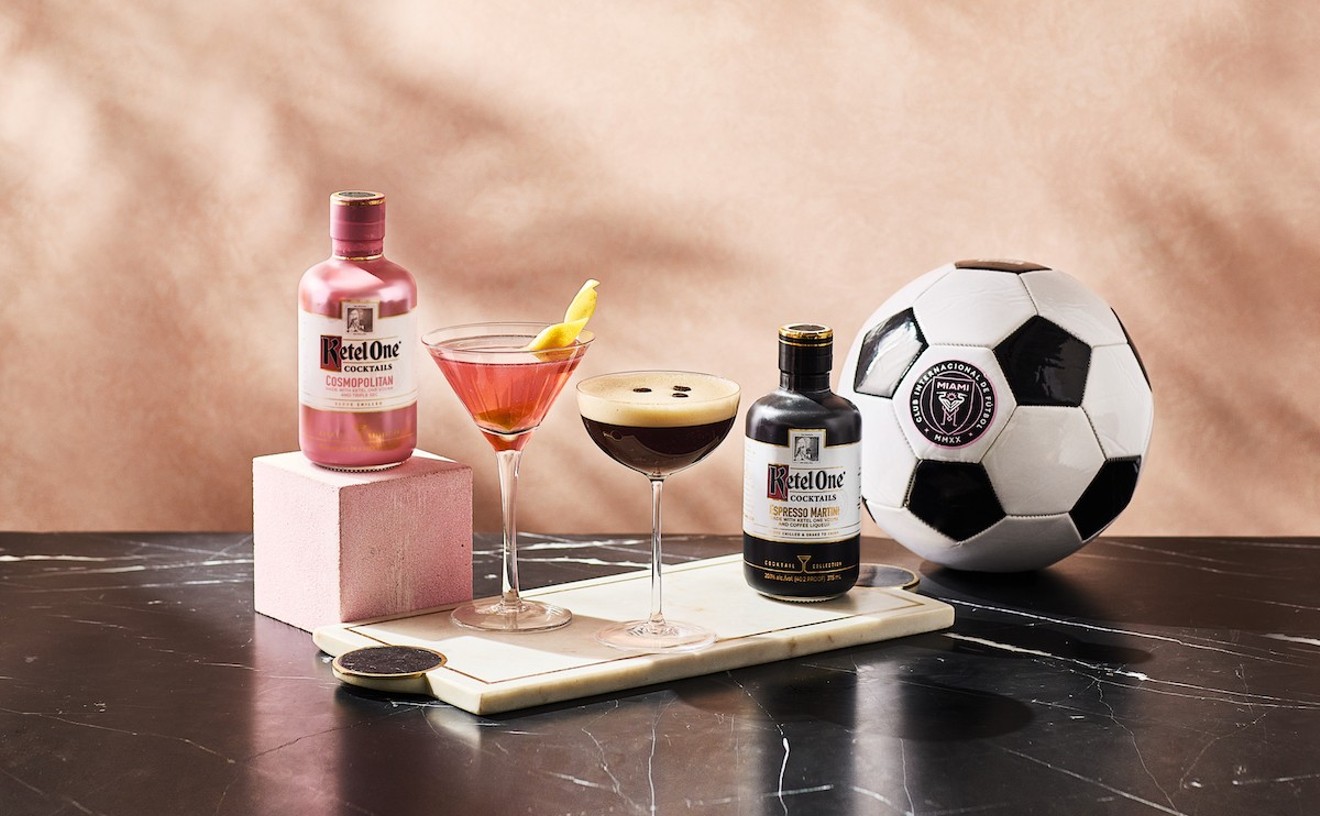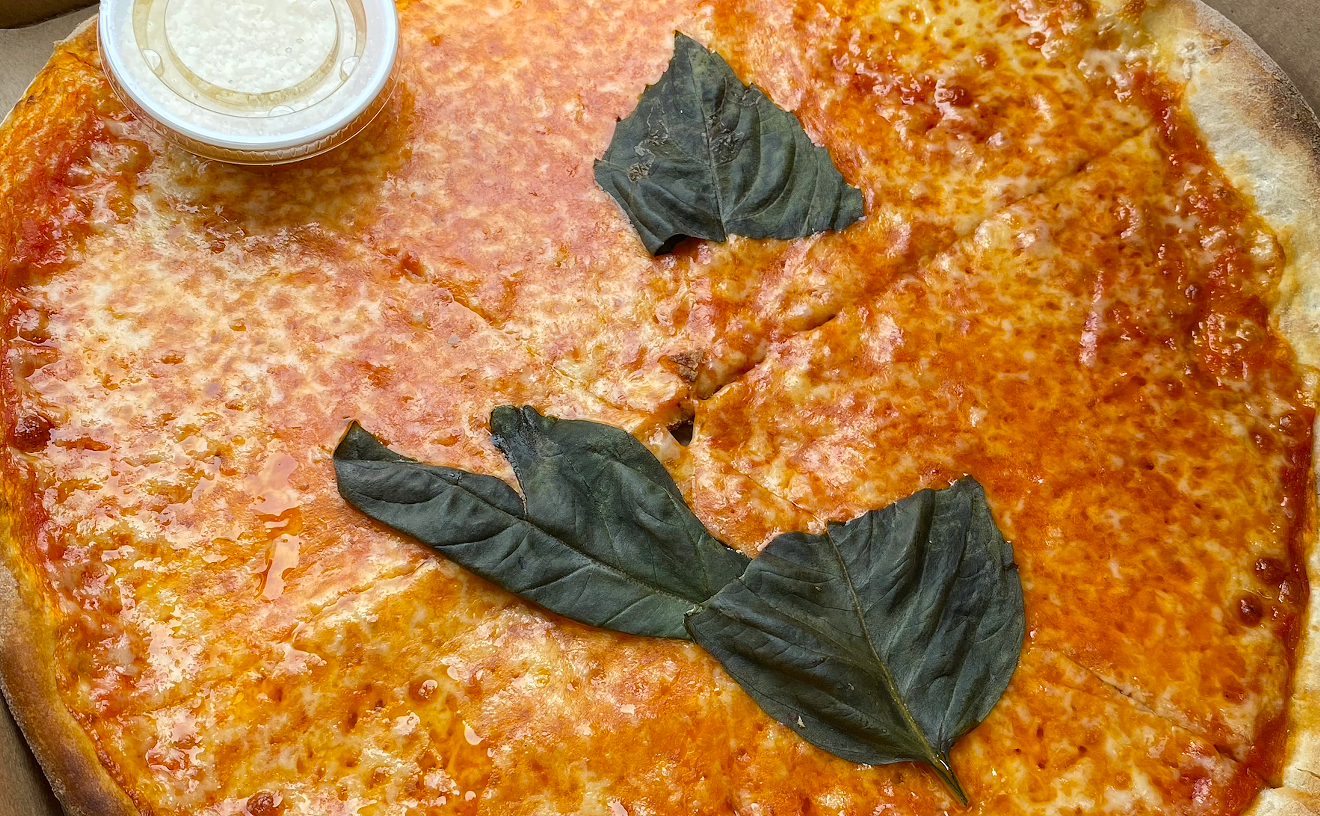What if just about everything you thought you knew about taking vitamins, minerals and supplements turned out to be bogus? What if it was all a scam?
According to nutrition expert Dr. Brian Clement, director of West Palm Beach's Hippocrates Health Institute, there can be dangers to supplementing your diet with the wrong products. Even more disconcerting: taking synthetic or chemical-based vitamins can be just as bad for your health as eating processed preservative and chemical-laden foods.
"The first red flag for me was in 1976," said Clement, who came across an international 5-year study on supplementation where high doses of vitamins actually caused cancer. "Overnight, supplementation became suspect to me."
From that point on, Clement said he wanted to find honest research done globally on supplements. What he found, he said, was that almost all studies on synthetic supplements revealed the same thing: man-made vitamins and minerals could actually do more harm than good.
The Office of Dietary Supplements at the National Institutes of Health reports that one in three American adults take at least one dietary supplement, and -- on average -- we spend more than $11 billion annually on vitamins and minerals. Of those supplements, 92 percent of them are synthetic -- or chemical based products -- with just 10 percent derived from natural ingredients.
According to Clement, these synthetic vitamins can actually cause illness, not prevent it. Why? A few examples: B-6 can be made with coal tar, while synthetic vitamin E comes from turpentine and petroleum.
"So I decided it was about time somebody pulled the plug on the so-called health supplement industry," said Clement. "Not only do I want to help people save [money], but I also want to keep people from making themselves sick by taking chemical supplements."
To do so, Clement wrote his "buyer beware" book Supplements Exposed: The Truth They Don't Want You to Know About Vitamins, Minerals, and Their Effects on Your Health. In the book, Clement takes a close look at the vitamins and supplement industry, and helps consumers to understand why recommended daily allowances can be confusing and -- more importantly -- dangerous to your health. The book also helps consumers read product labels that can be deceptive, and learn how to choose naturally occurring or whole food, plant-based supplements.
So, if so many of the vitamins and minerals for sale in drugstores, specialty shops and supermarkets are so dangerous, do we even need to supplement our diet at all? Yes, according to Clement.
"There has never been a time in human history that we have needed supplementation more than now. We have more stress, more pollution, more activity, more brainwork -- and all of this adds up to needing more nutrients," said Clement.
While the best way to get the vitamins and minerals your body needs is to eat raw, organic plant-based foods high in those essential nutrients, it is still important to supplement your system with specific nutrients not commonly found in the foods we eat, said Clement.
Rather than buying synthetic vitamins, Clement suggests sourcing whole, living supplements with a natural and plant-based source. That means purchasing products that state on the label that the vitamin, mineral and nutrient potencies come from "naturally occurring food sources," and clearly state what foods those sources are. Any vitamin products that carry the "NOS" or Naturally Occurring Standard logo are safe, and guaranteed to have vitamin potencies that only come from whole foods, added Clement.
During a recent interview, Hippocrates retail sales manager JoEllen Adams explained to Clean Plate Charlie how the institute's own line of signature LifeGive brand supplements are whole food-based, vegetarian -- and made without the use of any chemicals or preservatives.
"One of the key things about the Hippocrates LifeGive brand is that we source all the ingredients for all of our supplements at the time when we place an order," said Adams. "That means our supplements are made fresh to order, and aren't sitting around waiting for someone to buy them. Like the diet we advocate, we want our supplements to be as fresh as possible."
Adams said each of the more than 20 LifeGive supplements -- and their various plant-based ingredients -- go through several rounds of quality control and testing before the product is blended, produced and packaged.
"And, as new science is revealed, supplements are updated with new ingredients, or re-blended to accomodate science breakthroughs," added Adams.
For example, the institute's HHI-zymes digestive enzyme supplement once had kamut, a durum-based wheat. As research revealed how raw vegan foods could eliminate allergic reactions for people with gluten sensitivity, the institute removed the kamut to make a wheat-free product.
Adams said she is excited to share Clement's newest supplement, the Conscious Brain, which is currently in development. The supplement will help to support healthy brain function, and includes newly-researched ingredients.
"There are so many ways to supplement our diets in a healthy way," said Adams. "It's just a matter of making informed choices."
To learn more about Hippocrates Health Institute's LifeGive brand supplements, visit the store website or call 888-228-1755.
Charlie on Twitter
class="twitter-follow-button" data-show-count="false" data-lang="en">@CleanPlateBPB href="https://twitter.com/SoFloNicole">@SoFloNicole











